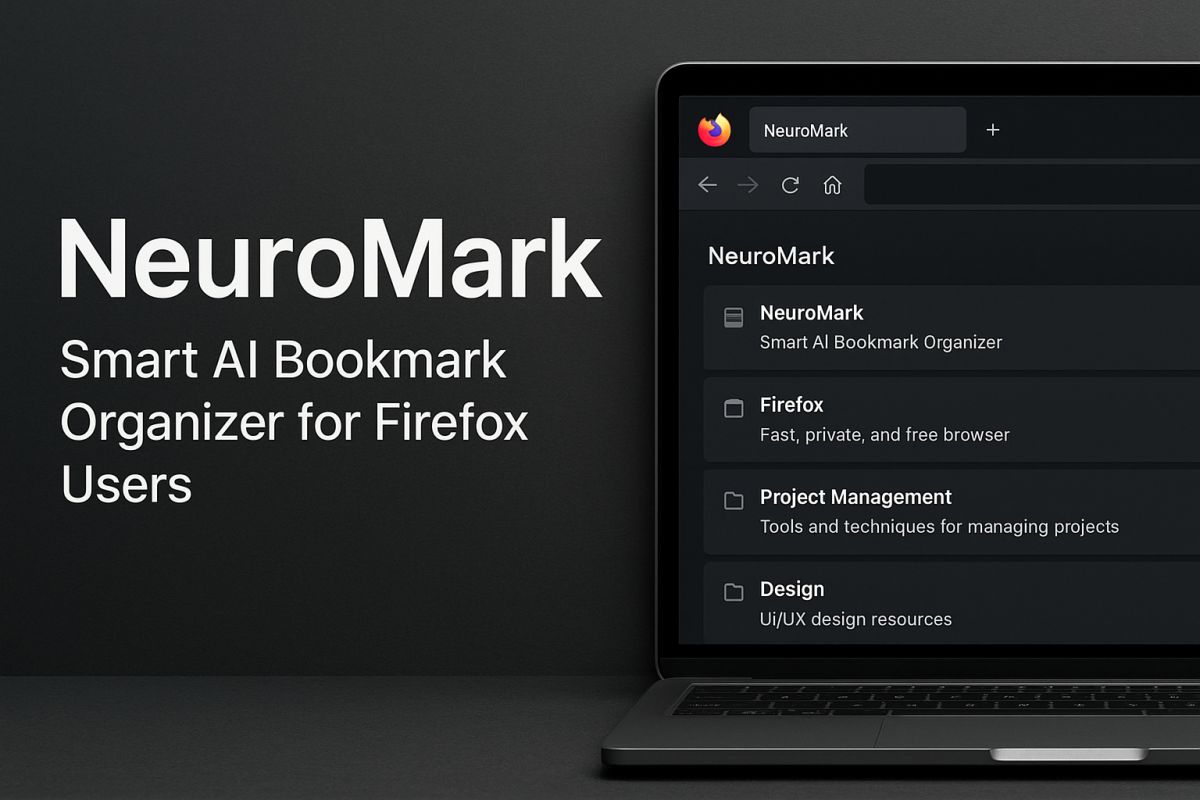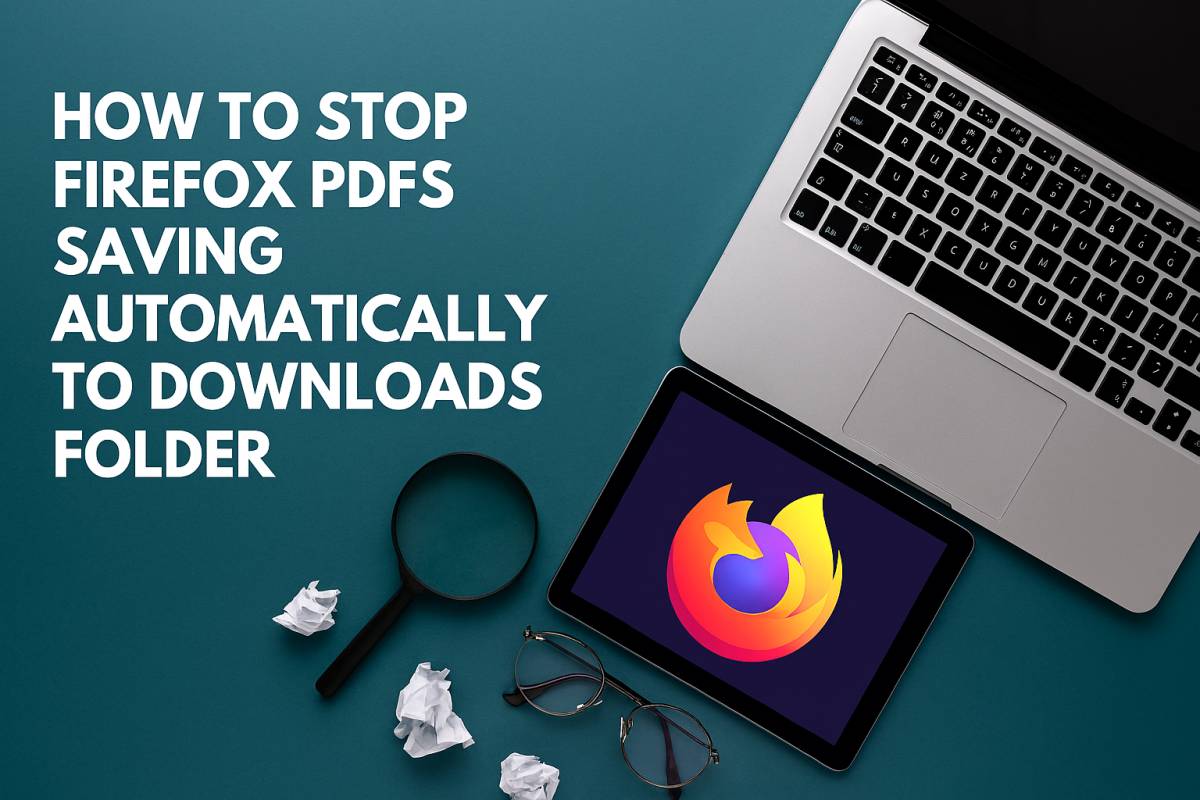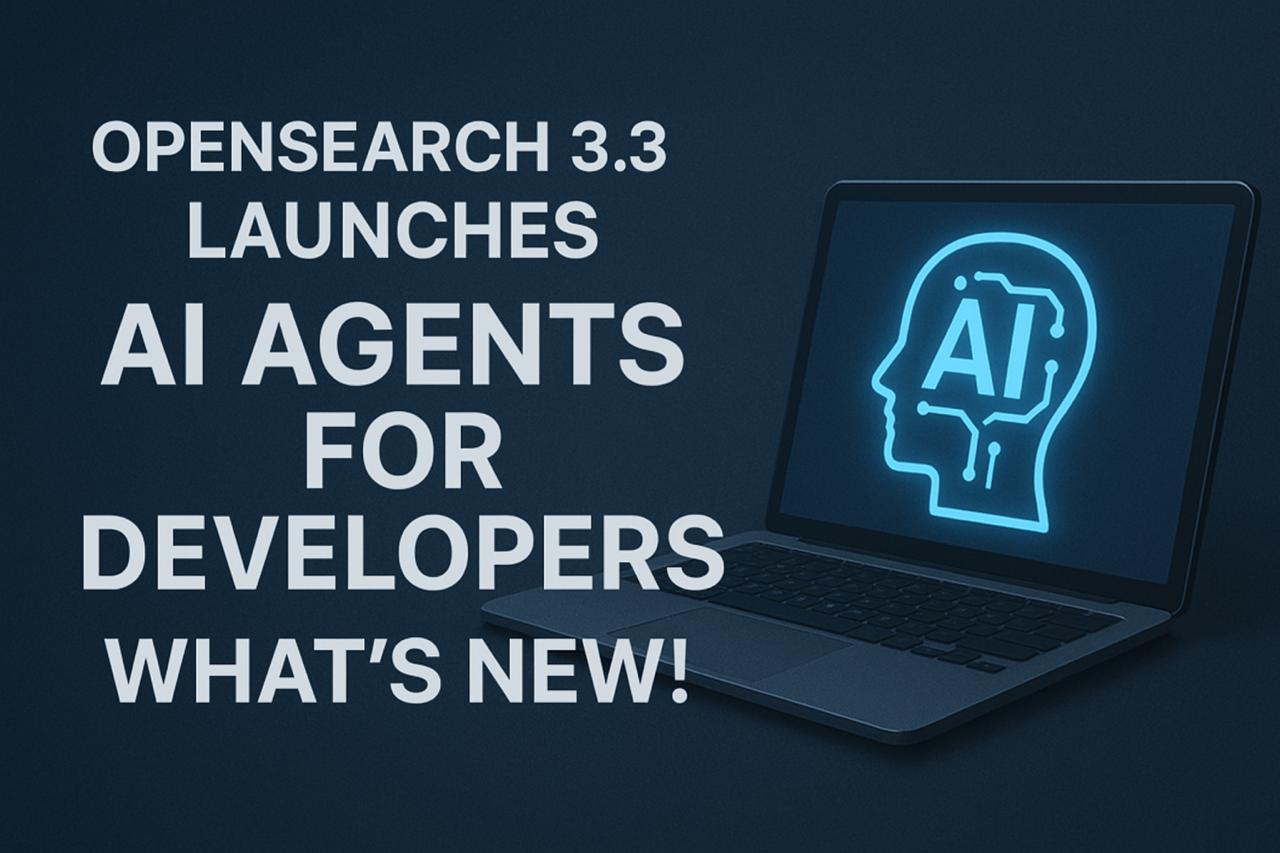What Happened to Urban Dictionary? Urban Dictionary’s Fate 2025

Urban Dictionary remains active as of mid-2025, but users report a decline in usability and moderation responsiveness – most notably the removal of the mobile apps from both Apple’s App Store and Google Play. The site continues to exist online under founder Aaron Peckham, yet has become slower, harder to navigate, and less actively curated, raising concerns among its user base about its future relevance and management.
A Brief Background: What Is Urban Dictionary?
Founded in 1999 by Aaron Peckham, Urban Dictionary is a crowdsourced, written-by-users lexicon originally aimed at capturing slang and cultural expressions not found in traditional dictionaries. It quickly became known for its irreverent tone, wide-ranging definitions, and rich user submissions.
By 2014, the platform hosted over 7 million definitions—with around 2,000 new entries added daily—and enjoyed significant traffic: 18 million unique readers generating 72 million impressions per month. Growth continued, reaching more than 12 million definitions by 2020.
Current Status: Still Active but Changing
Website Still Running, but Apps Vanished
Urban Dictionary is still online and accessible in browsers, and founder Aaron Peckham remains at the helm. However, sometime in 2024, both the iPhone and Android official mobile apps were quietly removed from their respective app stores. Users previously who had downloaded the apps can still use them, but new downloads are impossible, and reasons for the removals remain undisclosed Wikipedia.
Usability and Submission Process Degrading
User experiences shared on platforms like Reddit reflect dissatisfaction: “The website runs ass slow, submissions never get reviewed. Used to be new submissions would be reviewed…”. This suggests declining moderation speed and overall site responsiveness.
Why Is This Happening?
Shift in Moderation Practices
Historically, new definitions were published based on volunteer editors’ votes. As of 2021, Urban Dictionary transitioned to a professional moderation team, rejecting definitions that violate content guidelines—especially those promoting hate or violence—rather than relying on volunteer consensus urbandictionary.blog. While meant to improve quality, this change may have slowed the approval process and altered the site’s dynamic.
Platform Fatigue and Resource Constraints
As a one-man (or small-team) operation, Aaron Peckham intentionally kept Urban Dictionary independent—eschewing venture funding or acquisitions Wikipedia. Maintaining the site, reviewing submissions, and keeping it operational likely strains resources, which may explain lagging responsiveness and absent apps.
Culture Shift and the Rise of Alternative Platforms
Urban Dictionary’s initial appeal lay in its raw, community-driven definitions. Over time, the site has been criticized for hosting bigoted or offensive content—a criticism echoed in earlier years (e.g., racist definitions prompting removal campaigns) Wikipedia. Meanwhile, new platforms, social media, and meme culture have taken over much of what made Urban Dictionary popular, potentially reducing its centrality in online culture.
What Users Are Saying (Human Touch)
On Reddit, one user lamented:
“Is anyone at the wheel at UrbanDictionary.com anymore? The website runs ass slow, submissions never get reviewed.”
This sentiment reflects a broader sense of neglect—that the platform no longer runs with the vibrancy or responsiveness it once did.
What’s Next? Urban Dictionary’s Fate in 2025
Continued Web-Only Presence
With mobile apps gone and no announcements of a revival, the site is likely to remain web-only for the foreseeable future. Loyal users will access it via browsers, but new user growth may stagnate.
Potential for Community Frustration
Slow moderation and a shrinking ecosystem may drive active contributors and curious newcomers toward alternative slang-curation sites, forums, or social-media-driven definitions.
Risk of Obsolescence
Without modernization—such as improved usability, renewed mobile presence, or community re-engagement—Urban Dictionary risks fading from its once-prominent cultural position.
Summary Table
| Aspect | Status in 2025 |
|---|---|
| Website | Active and accessible via web browser |
| Mobile Apps | Removed from App Store and Play Store in 2024 – no longer available for new users |
| Moderation | Professional team handles submissions (since 2021), but process is slower |
| User Feedback | Frustration over slowness, lack of review, site performance issues |
| Outlook | Site still stands, but may decline further without revitalization |
Final Thoughts
Urban Dictionary’s trajectory reflects a broader pattern of “enshittification”—a slang term describing how online platforms degrade over time as moderation, design, or engagement quality erodes. Once a vibrant hub for slang and subculture, Urban Dictionary now risks becoming a relic – accessible, yet slowed, unappetizing, and disconnected from its former user-led energy.
Still, the site’s legacy endures. For many, Urban Dictionary was the gateway to understanding internet vernacular, meme cultures, and evolving language. If reinvested in – by restoring mobile access, improving user experience, or re-energizing its community – it could reclaim relevance. As of 2025, though, Urban Dictionary stands at a crossroads: alive, but diminished.









